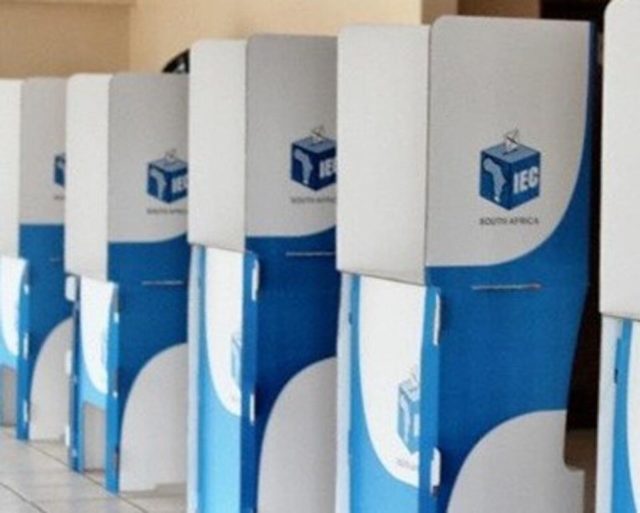The candidate lists for the upcoming local government elections have been finalised, with Northern Cape voters able to choose from an array of 3 000 candidates, 40 registered parties and 72 independents.
THE CANDIDATE lists for the upcoming local government elections have been finalised, where voters in the Northern Cape can choose from an array of 3 000 candidates, 40 registered parties and 72 independents.
Electoral Commission (IEC) provincial electoral matters manager Elkin Topkin said yesterday that there were two ward candidates who had passed away after the closing date for the submission of lists had expired. “Their names will appear on the ballot papers, which have already been printed.”
Topkin explained that votes for deceased candidates would still count towards the proportional representative (PR) seat allocation in council.
“The affected candidates were registered in political parties and were not contesting as independent candidates. Should they win the wards, a by-election will have to be held to fill the vacancy.”
Topkin stated that there was no cut-off date for objections that could be lodged against potential councillors.
“It is up to political parties to screen candidates and ensure that they fulfil the requirements. A candidate does not qualify to stand if they are mentally unfit, have been declared insolvent or have been sentenced for a criminal offence exceeding 24 months.”
He added that there were more than double the number of independent candidates contesting this year .
“We have 72 independent candidates contesting in 21 municipalities this year, whereas there were 34 independent candidates contesting in five municipalities in the previous local government elections in 2016. An independent candidate must contest as an individual and not as a group.”
Topkin indicated that 105 candidates were disqualified for issues of non-compliance.
“This was mainly due to the incorrect documents submitted, deposits that were not paid, or candidates registering in the incorrect municipality.”
He stated that if a candidate featured on more than one political party list or simultaneously as an independent candidate, the political party and candidate would be informed.
“The candidate who is ‘double parked’ may run the risk of being removed from one of the lists. Similarly, a candidate who contests as both a ward and PR councillor must decide at the end of the election which post they wish to occupy. A by-election must be held if the ward councillor who won a ward chooses to take up a PR councillor position.”
Topkin added that while a constitutional regulation stipulated that an appointed councillor was expected to resign from full-time positions in government or a municipality, it was not enforced by the IEC.
“With the exception of the executive mayor, councillors can obtain permission from their employer to stand as a councillor.”
He said that there was an increase in the number of registered special voters, where 15 percent of the total number of the 622,000 registered voters were made up of special voters.
“This is understandable in light of the Covid-19 pandemic. A total of 92 700 special voters have registered this year compared to 57 000 in the 2016 local government elections.
“Of the total number of special votes, 32 000 will be home visits whereas there were 26 000 home visits in the last local government elections.
We also expect a high number of first-time voters to cast their ballots.”
Topkin said the IEC was in the process of establishing teams to conduct home visits for special votes that will take place on October 30-31.
“High-security materials such as ballot papers, ink, seals and stamps will be delivered to the voting sites closer to November 1.”








